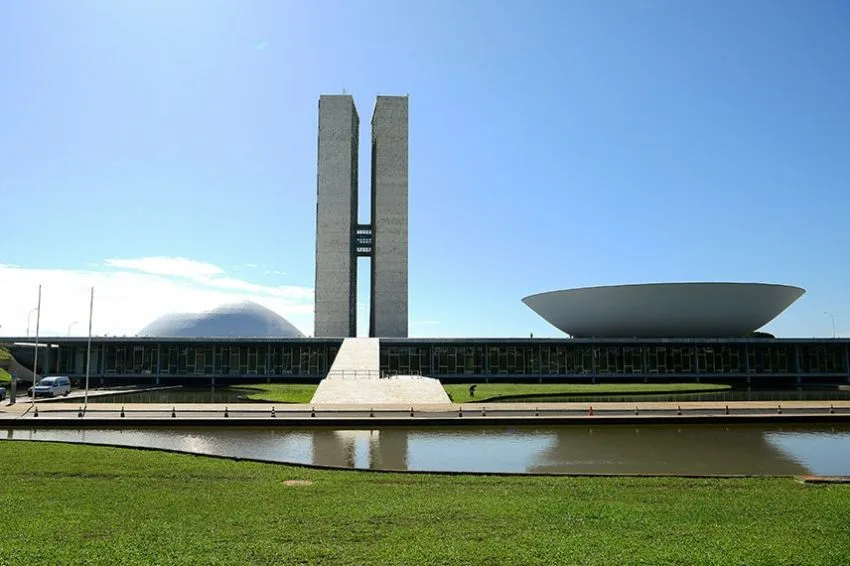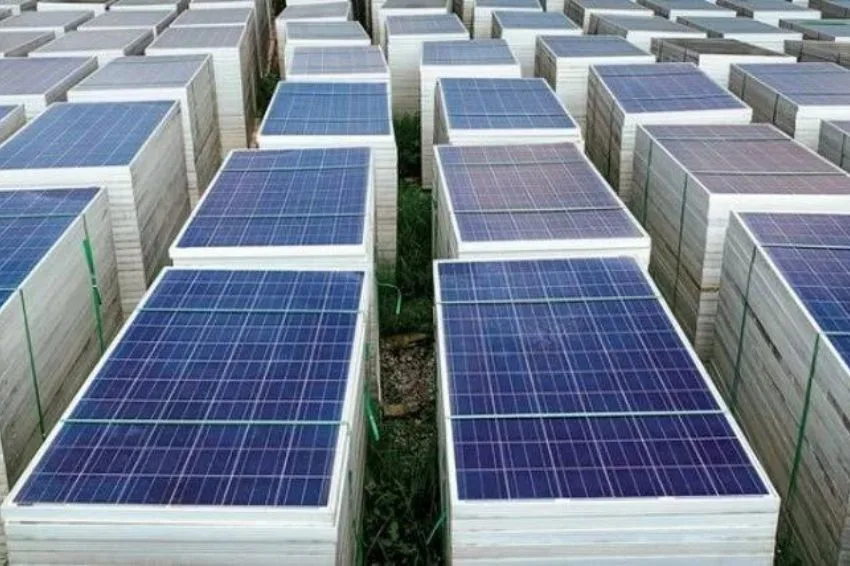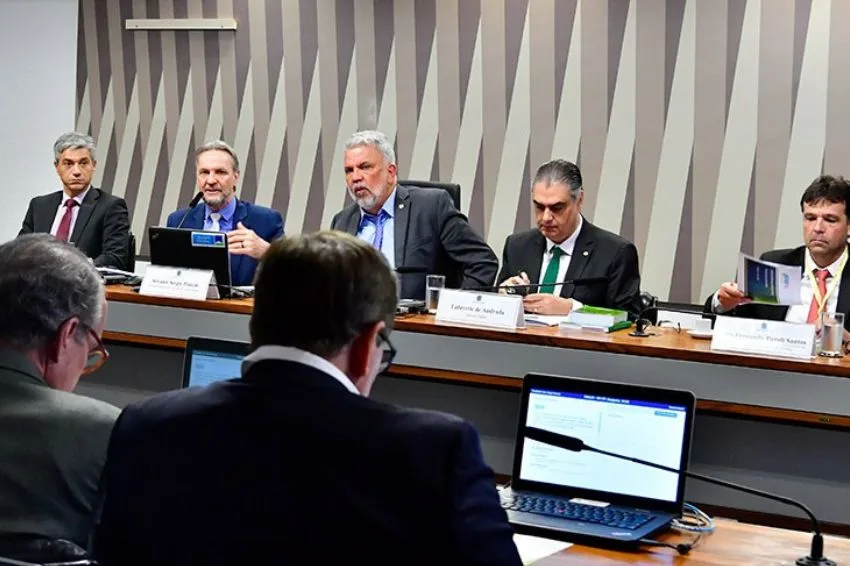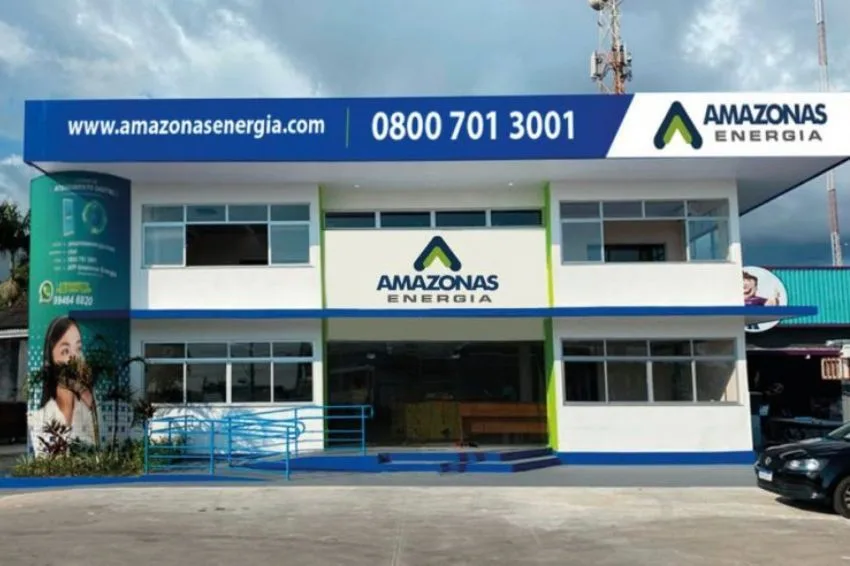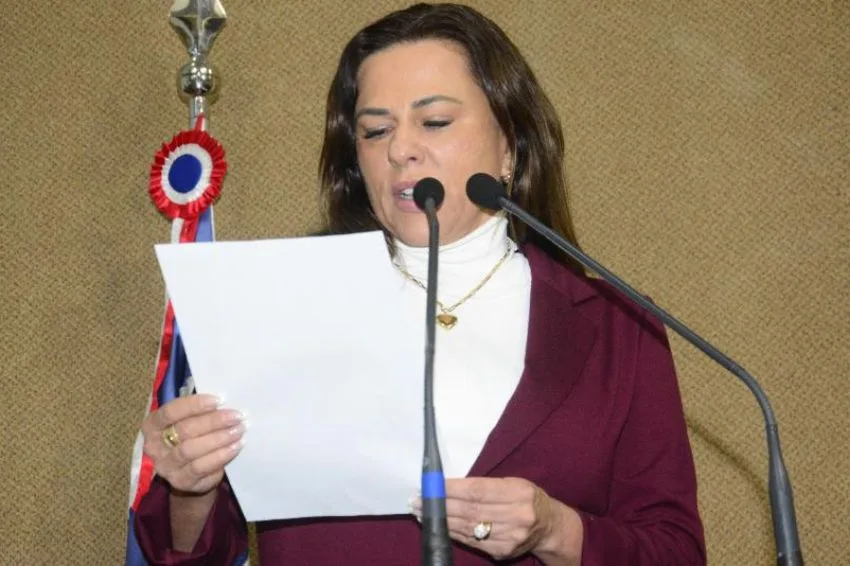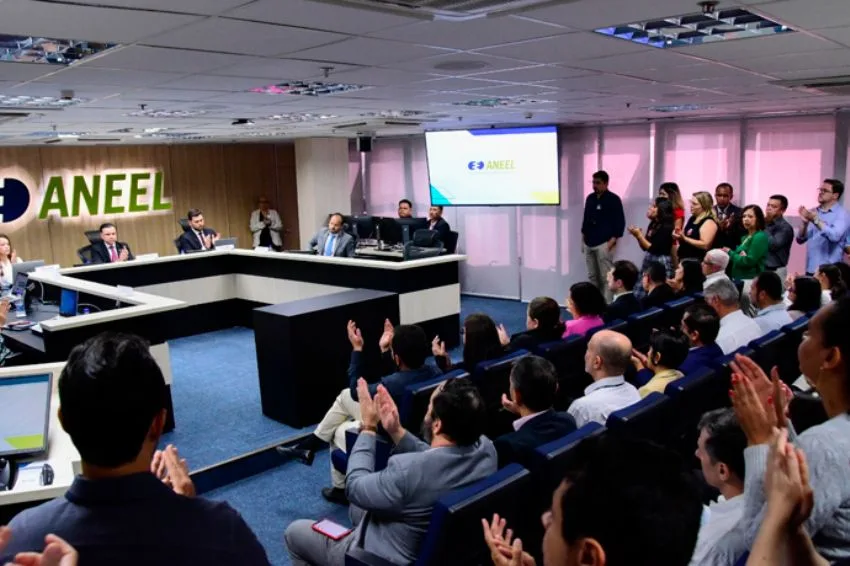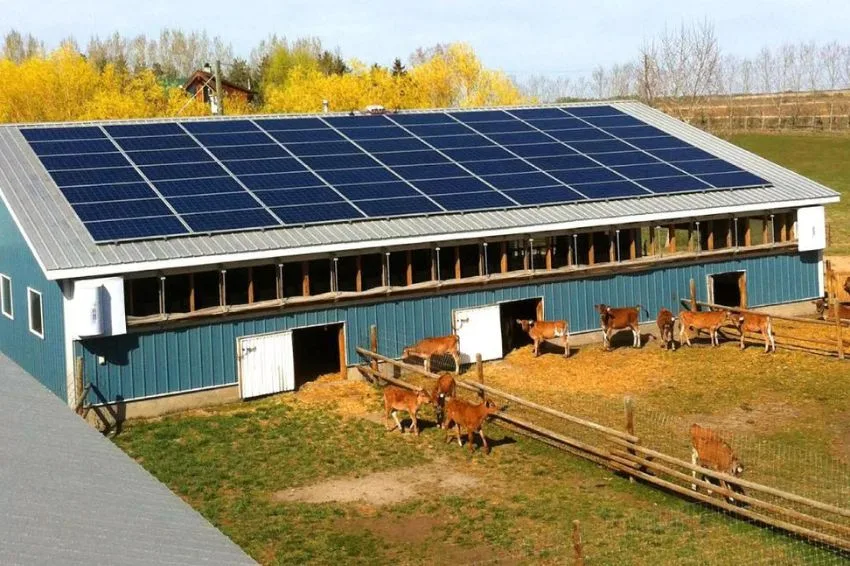The Swiss bank UBS released a report this week warning investors about the “high risk of political interference” in the Brazilian electricity market, especially in the process of renewing distribution concessions, threatening stability and cash flows futures of companies.
Among the factors that motivate the bank's cautious view is the interference in the tariff readjustment of Equatorial Amapá, whose decision by ANEEL (National Electric Energy Agency) to apply the zero index contradicted the view of the technical areas that pointed to an increase of around 35%.
This Wednesday (10), the Provisional Measure 1212/2024 which promises to reduce annual adjustments in electricity tariffs by at least 3.5%. The government's strategy is to pay off, with resources from Eletrobras, two loans taken out on behalf of consumers during the pandemic in 2020 and the water crisis in 2021.
“We are bringing, structurally, a relief of at least 3.5% on the energy bills of Brazilian families, paying off the irresponsible loans of the previous government and paying off the Water Scarcity bill and the Covid bill,” declared Alexandre Silveira, Minister of Mines and Energy, during the MP signing ceremony.
For UBS, however, the main culprit of the tariff increases has been the charges component, which has been “increasing every year with the active participation of Congress in increasing the value of subsidies passed on to captive consumers”.
“Over the past 10 years, regulatory burdens have increased by 617%, while the distribution share has increased by 41%, generation by 55% and transmission by 15%. When we delve deeper into the tariff line, we see that the CDE (Energy Development Account) encompasses the majority of subsidies in the electricity tariff, intended for public policies”, highlights the report.
According to the bank, the urgency in addressing the increase in tariffs amplifies the potential for political and regulatory decisions that could impact distribution concessionaires.
The situation is complicated at a time when the quality of energy distribution services has been questioned by society and various political actors. This context serves as fuel to inflame the already turbulent process of renewing 21 distribution concession contracts.
There is a struggle between the Executive and the Legislature to decide which political power will establish the criteria for renewing these contracts. The uncertainty surrounding the renewal process raises concerns about the concessionaires' ability to pay off debts and make investments.
All content on Canal Solar is protected by copyright law, and partial or total reproduction of this site in any medium is expressly prohibited. If you are interested in collaborating or reusing part of our material, we ask that you contact us via email: [email protected].


